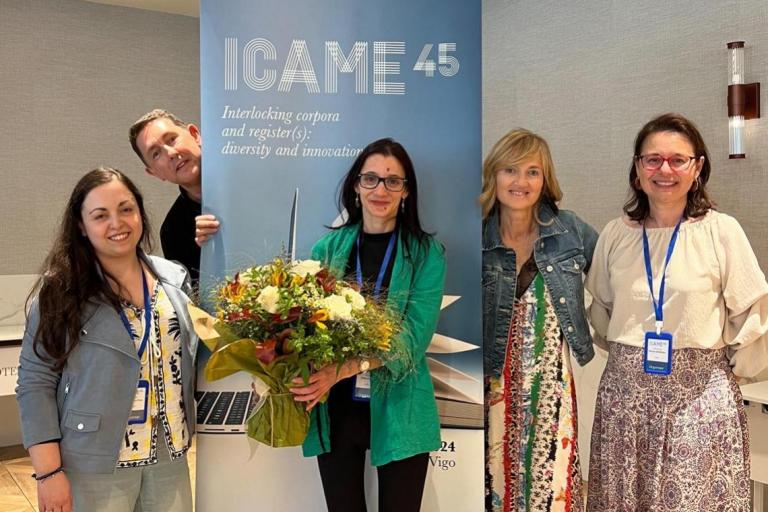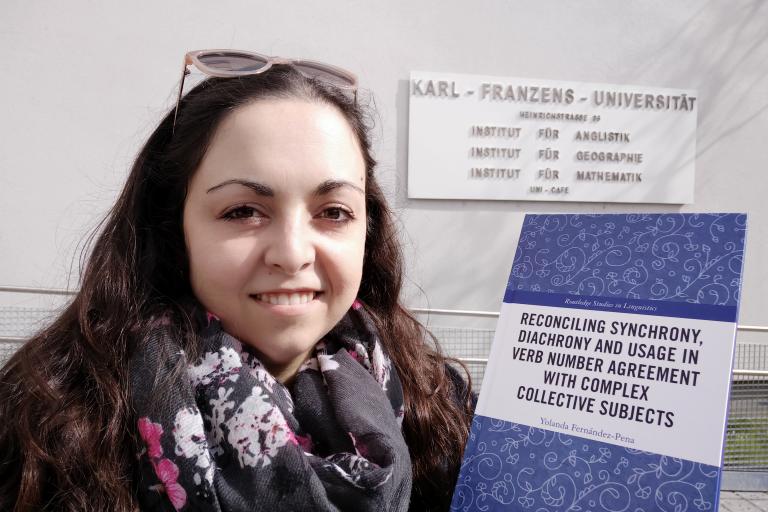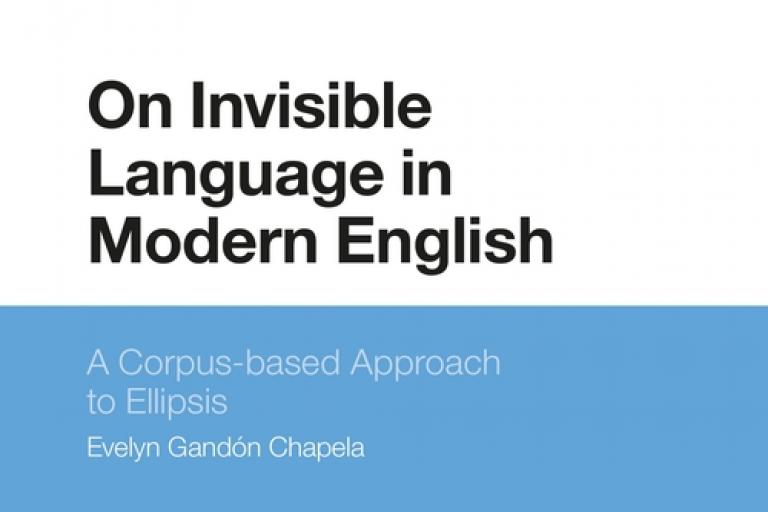On May 10-12 2010 Professor Terttu Nevalainen taught the seminar "Sociolingusitics and the history of English".
CV details
Terttu Nevalainen is Professor of English Philology at the University of Helsinki, from which she received her PhD in 1991. She is in charge of the national Centre of Excellence on Variation, Contacts and Change in English and the CoE's research project on Sociolinguistics and Language History. Most of her work is basic research and has methodological, empirical and theoretical objectives. But she has also contributed to textbooks and reference works by writing general introductions to her field of research and research findings, such as her 2006 An introduction to Early Modern English and the 2003 monograph Historical socio-linguistics: language change in Tudor and Stuart England (co-authored by Helena Raumolin-Brunberg).
Methodologically, her work comes under the umbrella of corpus linguistics. The empirical work she carries out contributes to sociolinguistic fact-finding by providing baseline information on how the English language has changed in various social contexts over the last six hundred years. This work also contributes to sociolinguistic theory formation, and to the modelling of processes of long-term language change. Some of the questions that have recently occupied her include: how systematically do people participate in ongoing linguistic changes in their community? Do most people participate in them or only a few, and do linguistic changes differ in this respect? Prof Nevalainen is also well-known for her corpus compilation work. She participated in the Helsinki Corpusproject and has directed The Corpus of Early English
Correspondence team for well over a decade. Her other academic commitments include participation in professional organizations and editorial work. She is Vice President (Research) of the new International Society for the Linguistics of English (ISLE), Vice President of the Modern Language Society (founded in 1887), and a member of the Board of the International Computer Archive of Modern and Medieval English (ICAME). She is also the editor-in-chief of the new monograph series Oxford Studies in the History of English and the English editor of Neuphilologische Mitteilungen as well as a member of the international editorial boards of English Language and Linguistics, International Journal of English Studies, Journal of Historical Pragmatics, NOWELE, Studia Anglica Poznaniensia,Transactions of the Philological Society, and the online journal Historical Sociolinguistics and Socio-historical Linguistics.
Outline of the seminar
Session 1. Historical sociolinguistics – the bad data problem?
Investigating the past stages of a language, historical sociolinguists cannot rely on their own intuitions about the range of linguistic variation available and acceptable to the people they study, but will need to make use of a variety of written data sources. Prof. Nevalainen analysed the information to be gleaned from historical socio-linguistic corpora such as the Corpus of Early English Correspondence (CEEC) and the Corpus of English Dialogues (CED), and databases such as the Proceedings of the Old Bailey.
Session 2. What we can learn from historical sociolinguistics?
Over the last fifty years, sociolinguistic research has produced some major generalizations about linguistic variation across languages and language communities. These generalizations are robust enough to qualify as sociolinguistic 'facts'. Historical sociolinguists have shown that many generalizations based on present-day research also hold true for the past, and can be demonstrated for the earlier stages of a historically well-documented language such as English.
Session 3. Caregiver language in Early Modern English correspondence.
One of the challenges for sociolinguistic research is the development of social practice in children and adolescents. In modern societies, adults provide the major source of influence on child-language variation in infancy, while peer-group impact is more decisive in adolescence. Prof. Nevalainen discussed how caregivers talked about and communicated with children in their personal correspondence the 16th and 17th century.







